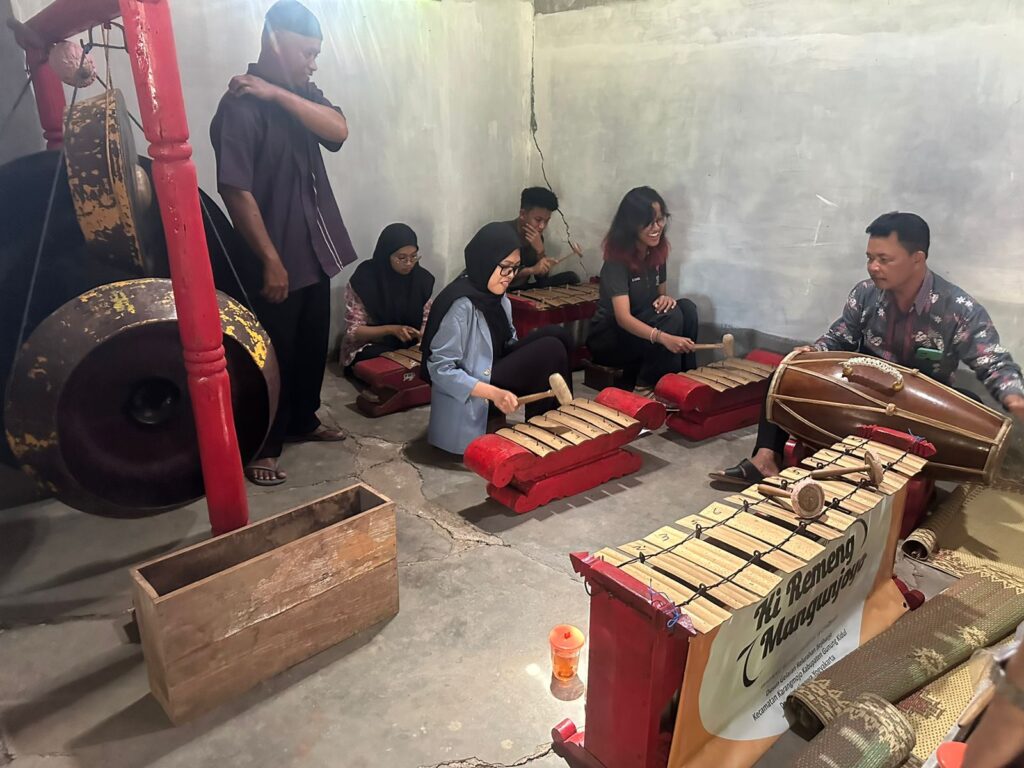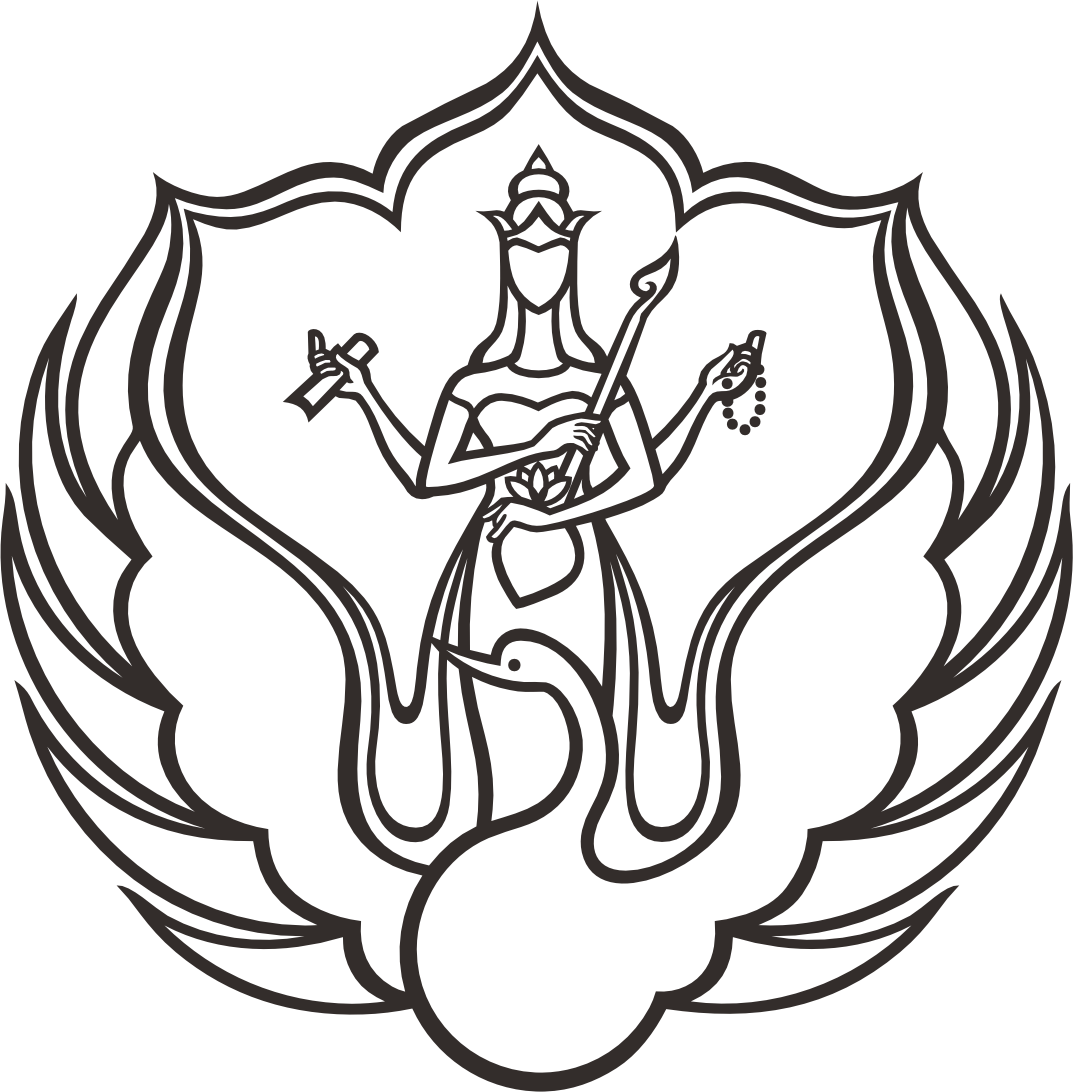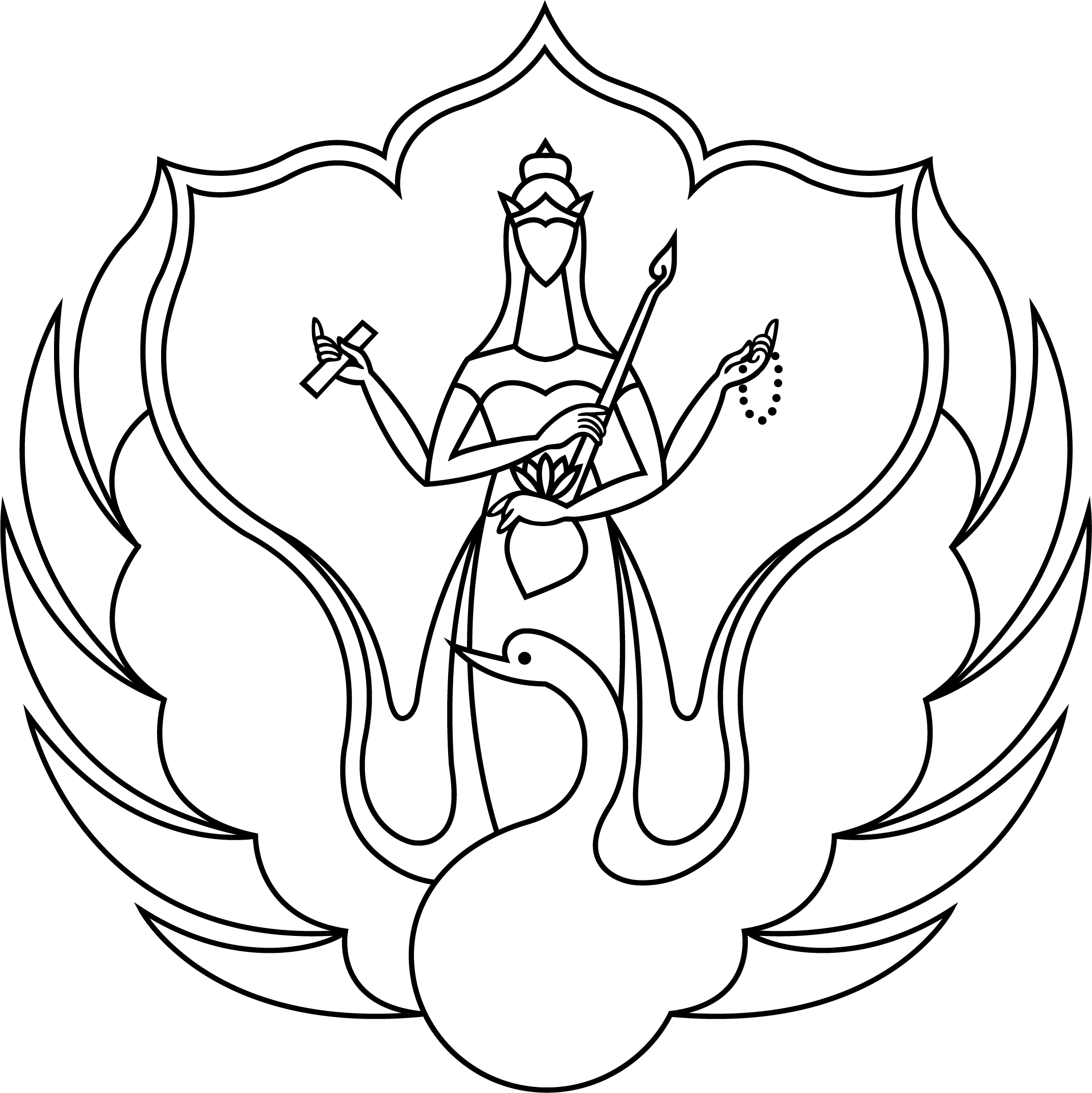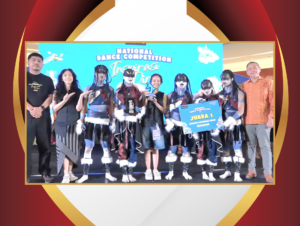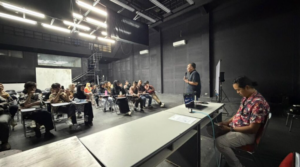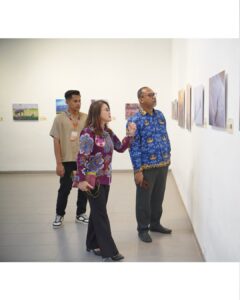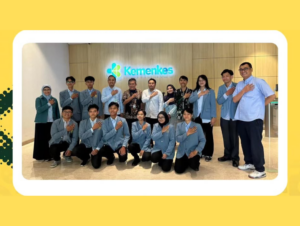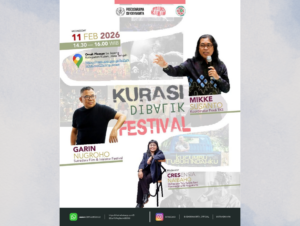Tuesday, August 27, 2024. A total of 18 DKV study program students accompanied by four lecturers from DKV Study Program: Drs. Arif Agung Suwasono, M.Sn. Indiria Maharsi, M.Sn, P. Gogor Bangsa, M.Sn, and Megawati Atiyatunnaajah, M.H.. The team of lecturers and students carried out a series of independent projects in order to empower visual assets for the purpose of preserving Wayang Beber in Gelaran II Bejiharjo Hamlet, Karangmojo, Wonosari, Gunungkidul.
The research conducted by students received a warm welcome from the association. Students received a detailed and in-depth explanation from Wisto Utomo as the owner of wayang beber and Karmanto as the puppeteer of wayang beber who was also present at the event.
For the next four months, until early December. The 18 students will run an Independent Project under the umbrella of the Merdeka 2024 Campus Competency Program (PKKM). Several design works are targeted as outputs from this activity, such as: batik motifs, motion graphics, comics, animations and signsystems from wayang beber and documentary films related to Sisik Melik Wayang Beber Remeng Mangunjaya.
Currently, there are only two locations for Wayang Beber in Indonesia: Gelaran II Bejiharjo, Karangmojo, Wonosari Gunungkidul, Yogyakarta and Karang Talun Gedompol Pacitan, East Java. An important note states that the possibility of Wayang Beber in both Wonosari and Pacitan used to be a palace heirloom object that was hereditary belonged to the kings in Java.
The Wayang Beber in Wonosari has eight scrolls divided into two groups. The first is four scrolls that tell the story of Remeng Mangunjaya and the second is four other scrolls whose titles are unknown. According to the owner, it is likely that the untitled scrolls used to be a complete play as well but were later lost. Wayang Beber Remeng Mangunjaya in Wonosari has four scrolls, each with four scenes or 'pejagong' in Javanese. So there are a total of 16 pejagong for the whole reel.
Through the PKKM program that is being run, DKV Study Program focuses on developing local culture through visual communication design assets, as stated in the vision of the Visual Communication Design Study Program.
In this odd semester, there were 62 DKV Study Program students who were deployed in internship programs both in the city and outside the city, including 18 students who conducted independent projects at Paguyuban Wayang Beber Ki Remeng Mangunjaya, in Wonosari. This internship program is a form of out-of-class learning, where partners and study programs have a shared curriculum in organizing activities. The existence of internships spread across 9 partners is also a mode of dissemination of study programs in introducing study programs and in order to open wider academic and non-academic networks.
Furthermore, it is planned that on December 11, 2024, all MBKM output works of DKV study program students will be released as a form of appreciation for learning activities outside the classroom.


